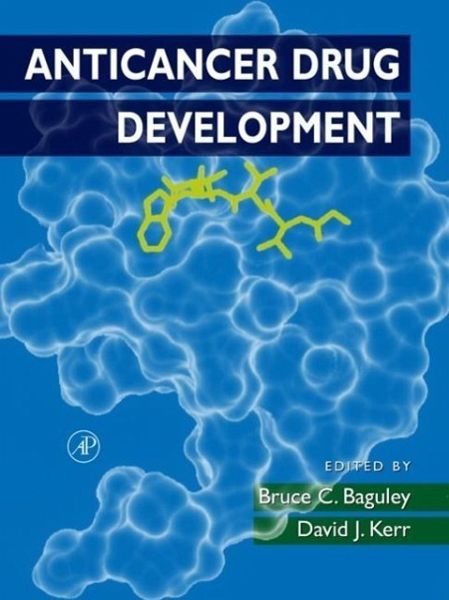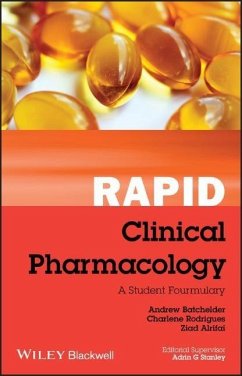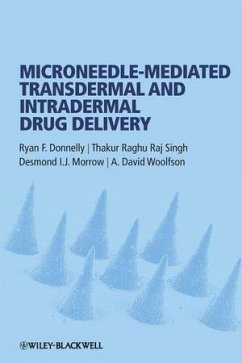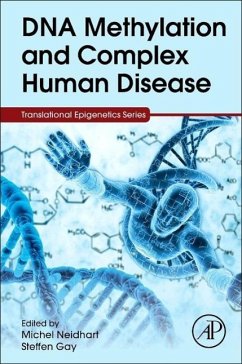Nicht lieferbar

Anticancer Drug Development
Versandkostenfrei!
Nicht lieferbar
Here in a single source is a complete spectrum of ideas on the development of new anticancer drugs. Containing concise reviews of multidisciplinary fields of research, this book offers a wealth of ideas on current and future molecular targets for drug design, including signal transduction, the cell division cycle, and programmed cell death. Detailed descriptions of sources for new drugs and methods for testing and clinical trial design are also provided.












